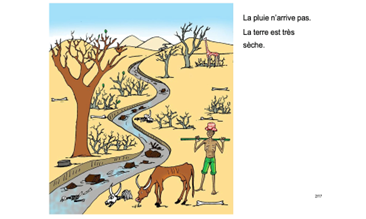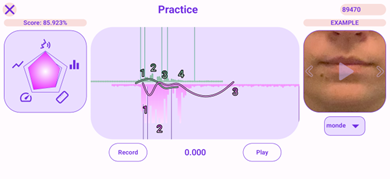By Suzanne Graham (Professor in the Institute of Education)
We’re excited to share some fascinating insights from two ongoing research projects involving members of CeLM. These projects are shedding light on critical issues in primary language education.
Progression in Primary Languages (PiPL)
The Progression in Primary Languages (PiPL) project, led by Rowena Kasprowicz at the Institute of Education, University of Reading, is all about understanding how young learners progress in languages from Year 3 to Year 6. But it doesn’t stop there. The project is also exploring what teachers know about the National Curriculum’s expectations, the clarity of current curriculum guidance, how to assess progress, and what teachers believe is the main aim of teaching primary languages.
A national survey conducted as part of PiPL received responses from 151 teachers responsible for teaching primary languages in state schools. The respondents included both generalist class teachers and specialist language teachers. Here are some key takeaways:
- Need for More Guidance: Teachers expressed a strong need for clearer curriculum guidance on what should be taught and what learners should achieve by the end of each year group and at the end of primary school.
- Assessment Challenges: Many teachers, especially generalist class teachers, reported a lack of confidence in assessing learner progress.
- Cultural Awareness: Despite these challenges, teachers highlighted the importance of language learning in developing students’ cultural awareness and helping them become global citizens.

Digital Empowerment in Language Teaching (DELTEA)
The Digital Empowerment in Language Teaching (DELTEA) project, led by Alison Porter from the University of Southampton, with Suzanne Graham and Anthony Zhang from Reading’s Institute of Education, is exploring how digital technology can support language teachers. The focus is on enhancing teachers’ sense of competence, autonomy, and relatedness, all of which are crucial for their well-being.
Throughout 2023, DELTEA developed nine online digital professional development (DPD) modules. These modules aimed to improve teachers’ skills in using digital stories to promote foreign language literacy, vocabulary, phonics, and intercultural understanding. Here’s what the project found:
- Initial Teacher Confidence: Before the DPD modules, teachers completed a questionnaire to rate their language proficiency, autonomy, and sense of competence in various teaching aspects, including assessing progress and developing intercultural understanding. Teachers with lower self-rated language proficiency felt less confident, particularly in assessing progress.
- Impact of DPD Modules: After completing the DPD modules and completing the same questionnaire as before, teachers reported increased autonomy, especially those working within a constrained curriculum. They also felt more competent in teaching literacy and fostering students’ cultural insights, creativity, and empathy.
What’s Next?
So, what’s on the horizon for these projects?
- PiPL: The team is half way through the second year of collecting pupil language data, focusing on how motivation and learning context influence progress.
- DELTEA: In 2024, the DELTEA team has been working with DPD teachers to implement classroom interventions using digital stories and a phonics AI app. The findings will be rolled out as part of a MOOC for teachers across all nations of the UK in 2025.
Stay tuned for more updates on these exciting projects!



